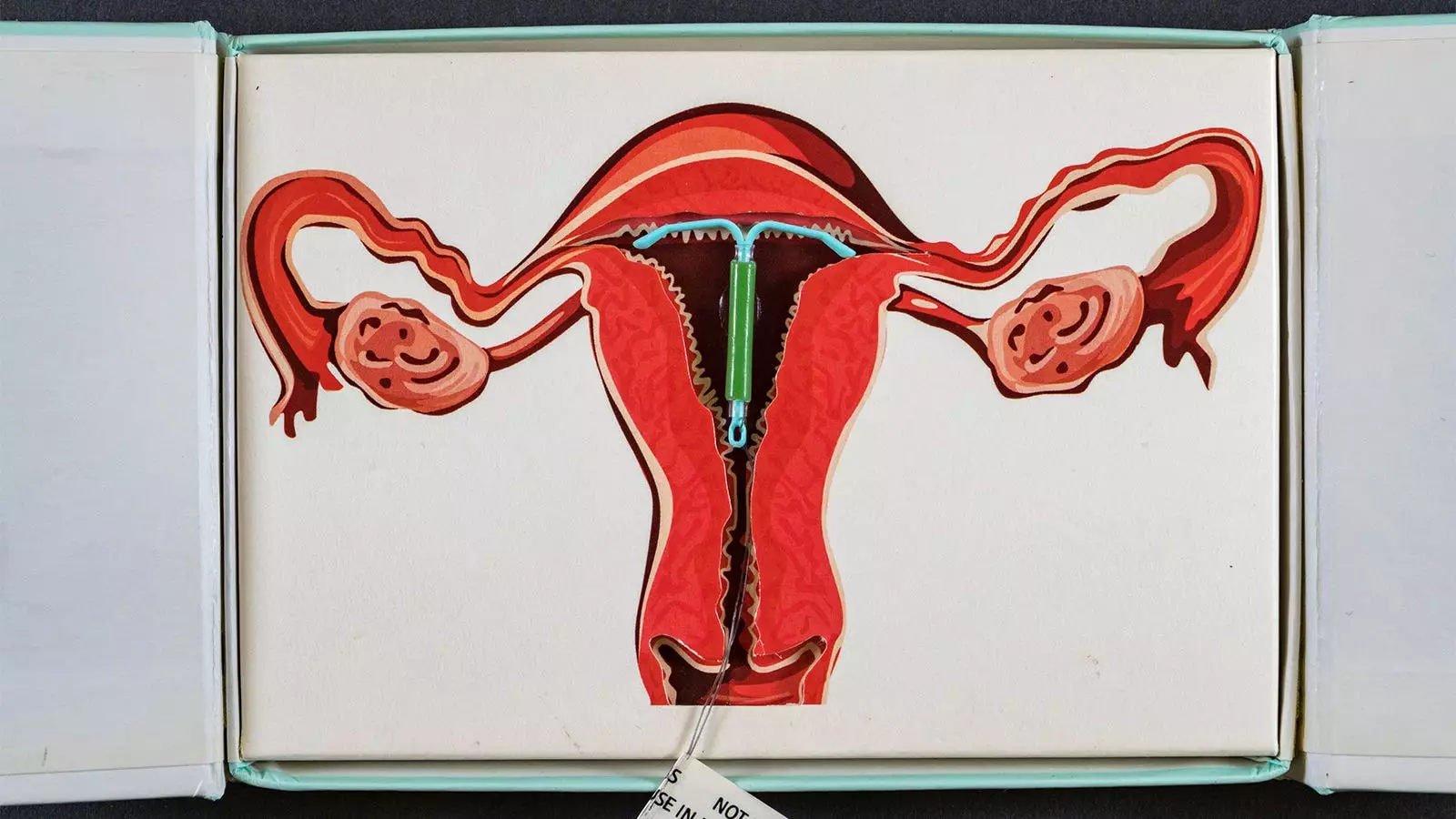Recent inquiries into the implications of hormonal contraceptive methods on women’s health have raised several questions, particularly regarding breast cancer risk. A pivotal study from Denmark explores the potential correlation between the use of levonorgestrel-releasing intrauterine devices (IUDs) and the incidence of breast cancer among women under the age of 50. This investigation adds an important layer to the ongoing discourse surrounding hormonal contraceptive safety and health outcomes.
Conducted by researchers at the Danish Cancer Institute, the study utilized national healthcare registries to draw vital data on first-time users of levonorgestrel-releasing IUDs between 2000 and 2019. The participant pool consisted of 78,595 women who employed the IUD, paired against an equal number of women who did not utilize any hormonal contraceptives. With a mean age of 38 and an average follow-up period of 6.8 years, the results disclosed substantive findings regarding breast cancer diagnoses during this period.
Interestingly, it was noted that hormone-releasing IUD users reported a 40% higher risk of breast cancer compared to non-users. This elevated risk manifested even more significantly with the duration of device usage, indicating an 80% increased risk for those using the device for 10 to 15 years.
The notion that extended use of hormonal contraceptives might correlate with enhanced breast cancer risk is not brand new. Prior studies have hinted at similar associations, particularly those examining the duration of hormonal contraceptive use in the context of women with a familial predisposition, such as BRCA1 gene carriers. Alarmingly, the Danish study quantified increased breast cancer diagnoses, estimating an additional 14 to 71 excess cases per 10,000 users, depending on their usage duration.
These findings underscore an urgent need for widespread awareness among healthcare providers and patients about the potential long-term risks associated with hormonal IUDs. Notably, the study highlighted discrepancies between previous research and the newly acquired data. Earlier studies faced limitations regarding the duration of hormonal contraceptive use and didn’t thoroughly account for varied contraceptive methods among participants.
While the study provides critical insights, it also acknowledges inherent limitations. One primary shortcoming noted by the authors is the potential for underestimation of risk due to the possibility of women removing their IUDs before the end of the recommended duration. Additionally, the study couldn’t entirely mitigate the influence of unmeasured confounding factors, which may have skewed the results.
The absence of a clear dose-response relationship poses further challenges. While a lack of statistical precision could contribute to this, it also raises questions about the potential causal connection between IUD use and breast cancer. The impact of various other lifestyle factors, such as diet, exercise, and environmental exposure, is also a relevant discourse that wasn’t fully captured in the study.
The Danish study on levonorgestrel-releasing IUDs adds a significant chapter to the understanding of hormonal contraceptives and breast cancer risk. As IUDs become increasingly favored for their convenience and effectiveness, the implications of this research necessitate informed discussions between healthcare providers and patients. It’s essential to present a balanced view comprising both the advantages and potential health risks associated with hormonal contraceptive methods.
As research continues to unfold, ongoing surveillance and analysis will be vital in elucidating this complex relationship. Women must remain informed and proactive regarding their reproductive health choices, ensuring that they consider all available evidence when making these critical decisions.


Leave a Reply